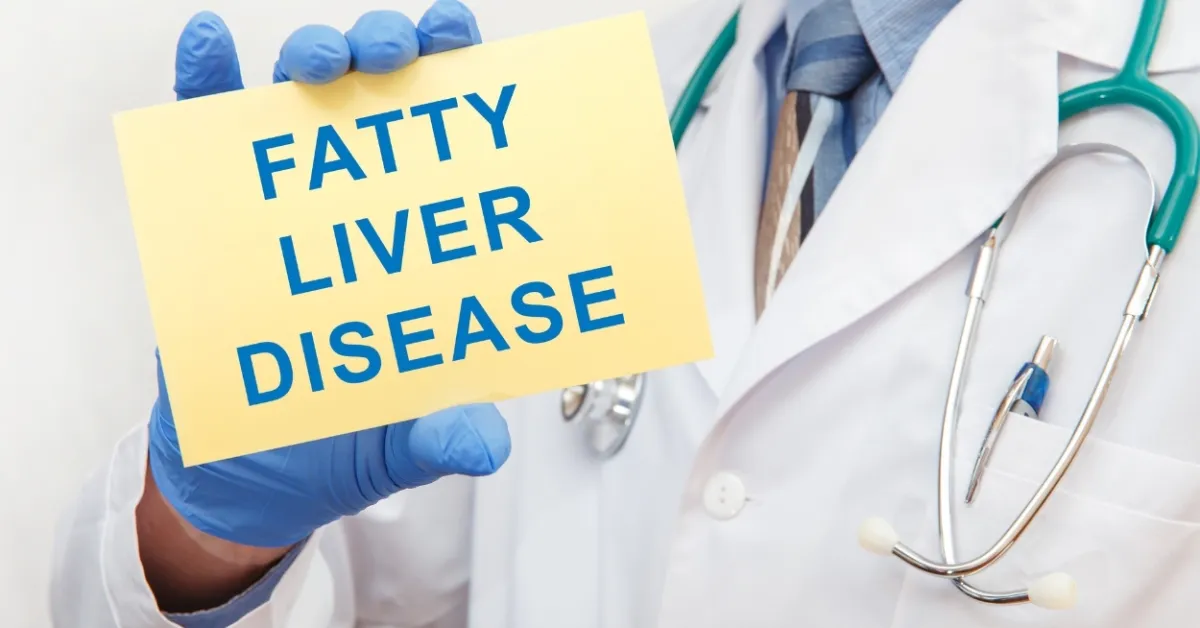Union Health Minister Dr. Harsh Vardhan on Monday announced inclusion of “non-alcoholic fatty liver disease” into the National Programme for Prevention & Control of Cancer, Diabetes, Cardiovascular Diseases and Stroke (NPCDCS), a move that will help manage the country’s burden of non-communicable diseases.
Welcoming this wonderful initiative, Dr. Chandan Kumar, Consultant Hepatologist at Gleneagles Global Hospitals, a premier healthcare institution offering comprehensive care for liver disease including liver transplants said that non-alcoholic fatty liver disease affects up to 32 per cent of the general population in India with a higher prevalence among overweight or obese people and diabetics. Being the diabetic capital of world, the prevalence is likely to increase further in years to come. Approximately, 15 to 25% of patients of fatty liver can progress to cirrhosis. Most patients with end stage cirrhosis of no obvious etiology come from previous unrecognized fatty liver. Inclusion of this ailment into public health program is a major step into inclusive preventive care.
Commenting on the development, Dr. Raghavendra Babu, Senior Consultant Liver Transplant Surgeon, Gleneagles Global Hospitals said, “Fatty liver is projected to be the leading cause of liver transplantation by 2022. It is also associated with an increased risk of liver cancer in patients awaiting liver transplantation.”
“Treatment of fatty liver in early stage is like an insurance policy as it reduces the incidence of diabetes, heart problems, cholesterol and definitely advanced liver damage. Since prevention is better than cure, the best way is to screen for fatty liver in young population with family history of diabetes, heart problems or cirrhosis. If we can detect the damage at an early stage, the progression can be halted and even reversal to a normal healthy liver is possible as liver has the capacity to regenerate,” added Dr. Chandan, Liver Physician, Gleneagles Global Hospitals.














